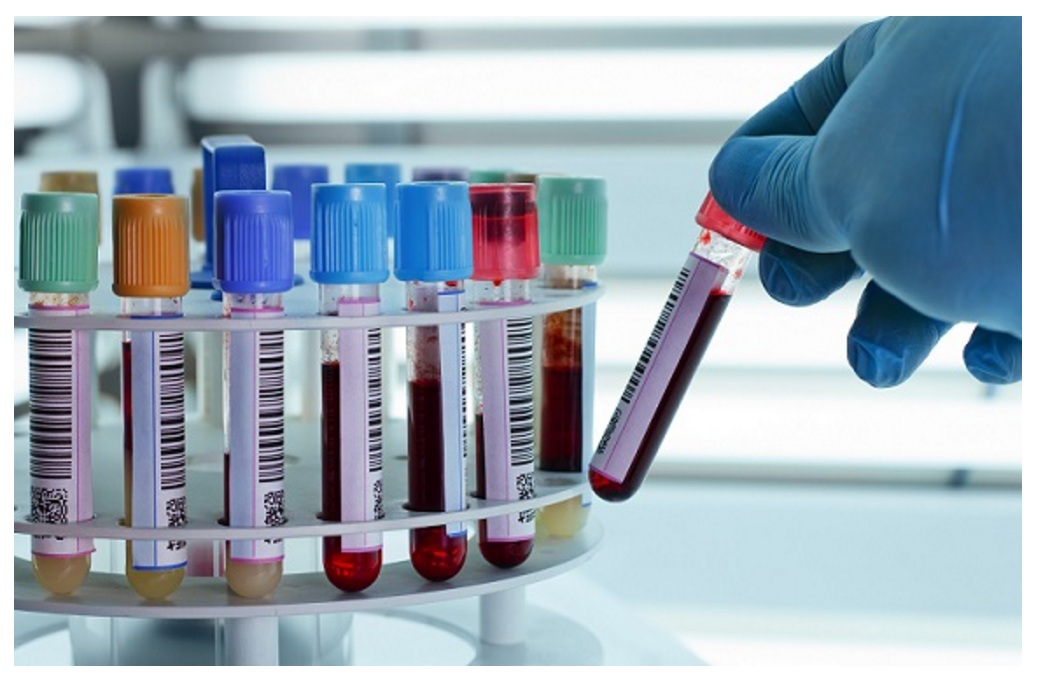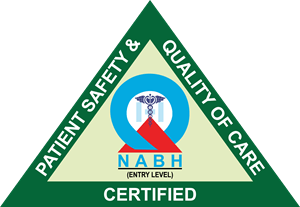Specimen Collection and Handling
What Is Specimen Collection and Handling ?
Specimen collection and handling refers to the process of obtaining biological samples from a patient, ensuring they are properly labeled, stored, and transported to a laboratory for analysis. This crucial step in the diagnostic process helps ensure the accuracy and reliability of test results. Specimens can include blood, urine, tissue, saliva, sputum, and other bodily fluids or substances.

What Is The Main Cause Of Specimen Collection and Handling ?
The main cause of specimen collection and handling is to obtain biological samples from patients in a standardized and controlled manner, ensuring the accuracy, reliability, and integrity of test results. This process is crucial for diagnosis, monitoring, and treatment decisions in healthcare. Here are the primary reasons for specimen collection and handling:
- Diagnosis: Obtaining biological samples allows healthcare providers to perform various diagnostic tests that help identify the presence or absence of diseases, infections, or other medical conditions.
- Monitoring: Specimen collection is used to monitor changes in a patient's health status over time. For example, regular blood tests can track the progression of a chronic condition like diabetes.
- Treatment Planning: Test results from collected specimens guide healthcare providers in formulating appropriate treatment plans. This can involve selecting the most effective medications, therapies, or interventions.
- Research and Studies: Specimens are often collected for research purposes to advance medical knowledge and develop new treatments or interventions.
- Public Health Surveillance: Specimen collection is a critical component of public health efforts, especially during outbreaks or epidemics. It allows for the detection, monitoring, and control of infectious diseases.
Overall, specimen collection and handling are fundamental steps in healthcare and clinical practice. Properly collected and labeled specimens are critical for accurate diagnoses, treatment decisions, and research endeavors, ensuring that patients receive the best possible care.
Clinical Services
Facilities
24 Hours Services



